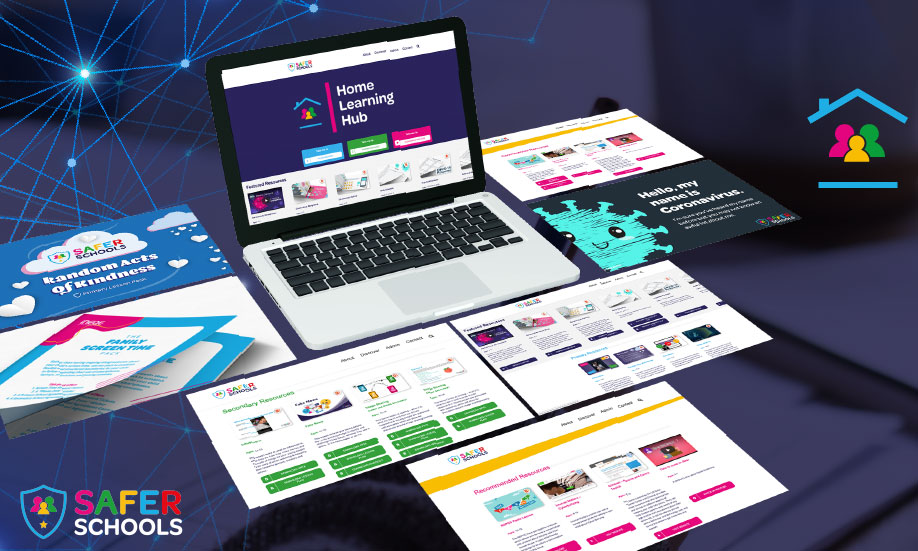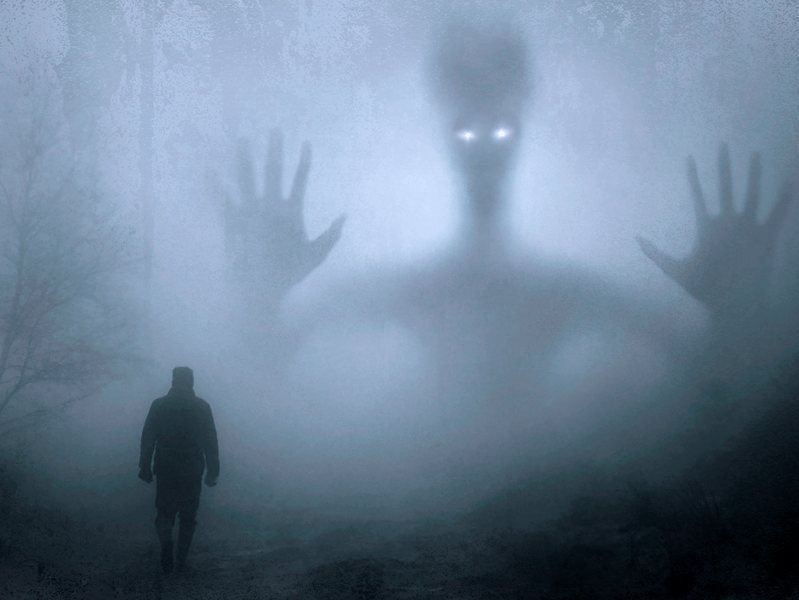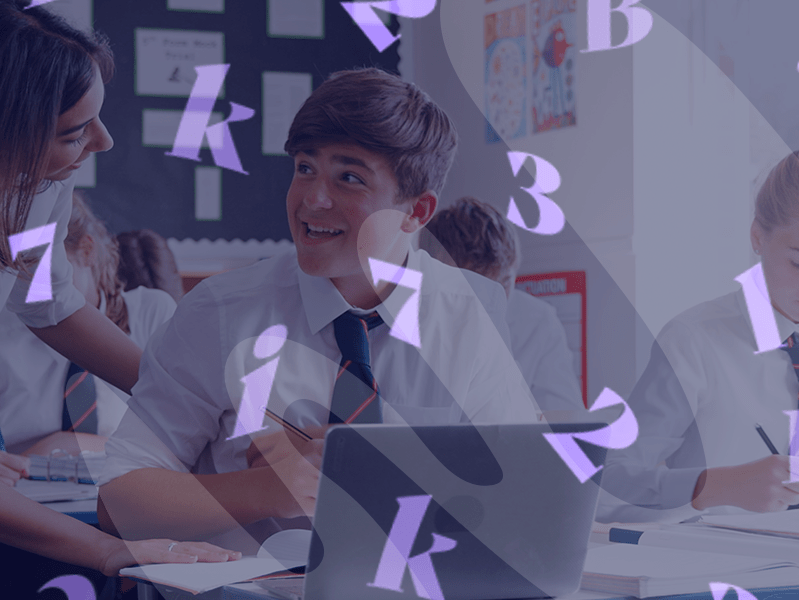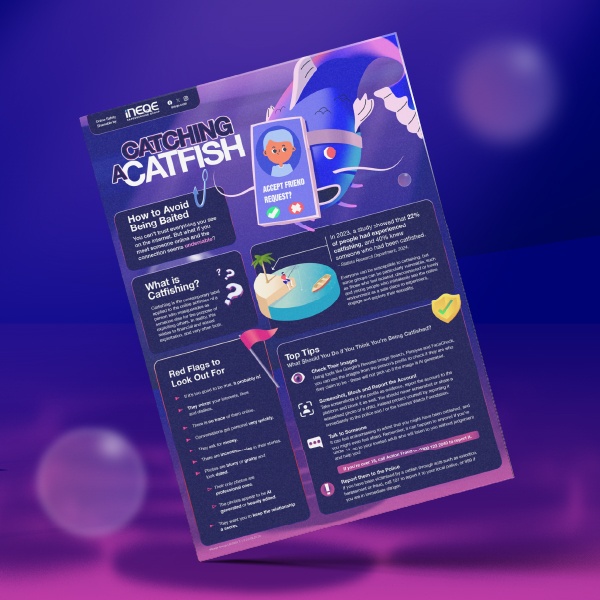Last Updated on 23rd September 2022
Read the script below
Hello and welcome to Safeguarding Soundbites, the podcast that keeps you in the know with weekly updates on the latest safeguarding news, alerts and advice. I’m Colin Stitt, Head of Safer Schools at INEQE Safeguarding Group.
Harmful content online is nothing new. But with the recent news about popular internet personality Andrew Tate being removed from social media platforms, there’s been much debate in the press about the kind of online content young people in particular are being exposed to, and the possible influence content like this can have. In response, our online safety experts have published a review of harmful content online, covering who Andrew Tate is, why children and young people are interested in this kind of content and how as parents and safeguarding staff, we can give the best care and support when the children and young people in our care are exposed to harmful content. Find the review at ineqe.com in the online safety section.
In the news, Meta have announced they are working on an optional feature for Instagram to protect users from receiving unsolicited nude photographs. A recent study showed Instagram’s current filtering tool fails to act upon 90% of image abuse that were sent to high-profile women.
And for our Scottish listeners, Let’s Talk Scottish Education is inviting children and young person between the ages of three and 18 to get involved in a national discussion on education. Schools are being invited to take part, with the aim to use the feedback to help shape the future of education in Scotland. Parents and school staff will also be asked to take part. Visit consult.gov.scot/and search for national education discussion to find out more.
A poll of 1,000 teenagers has found that millions of children are regularly suffering poor mental health. 31% said they have struggled with their mental health and have been doing so for an average of two years. 89% of those struggling also indicated they needed help but were not sure how to access support.
The inquest into Molly Russell’s death by suicide has begun, with the focus likely to fall on the role big tech and social media sites had in her death. The 14-year-old died in 2017 after viewing material about self-harm and suicide on social media sites owned by Meta. Molly’s father, Mr Harrow, is an avid campaigner for online safety and believes the harmful content Molly viewed may have been a major contributor in her death.
A study by De Montford University has found that children under 12 may be losing the equivalent of one night’s sleep a week due to their social media usage. Around two thirds of children are using social media apps two hours before bed and 12.5% were waking up during the night to check their phones.
That’s all from me for today, I’ll be back again next week with more news and updates. In the meantime, you can stay up to date with all our safeguarding advice and guidance by visiting our website at ineqe.com. Make sure to follow us on socials by searching for ‘INEQE Safeguarding Group’ and until next time, stay safe!
Join our Online Safeguarding Hub Newsletter Network
Members of our network receive weekly updates on the trends, risks and threats to children and young people online.
Pause, Think
and Plan
Guidance on how to talk to the children in your care about online risks.

Visit the Home Learning Hub!
The Home Learning Hub is our free library of resources to support parents and carers who are taking the time to help their children be safer online.













